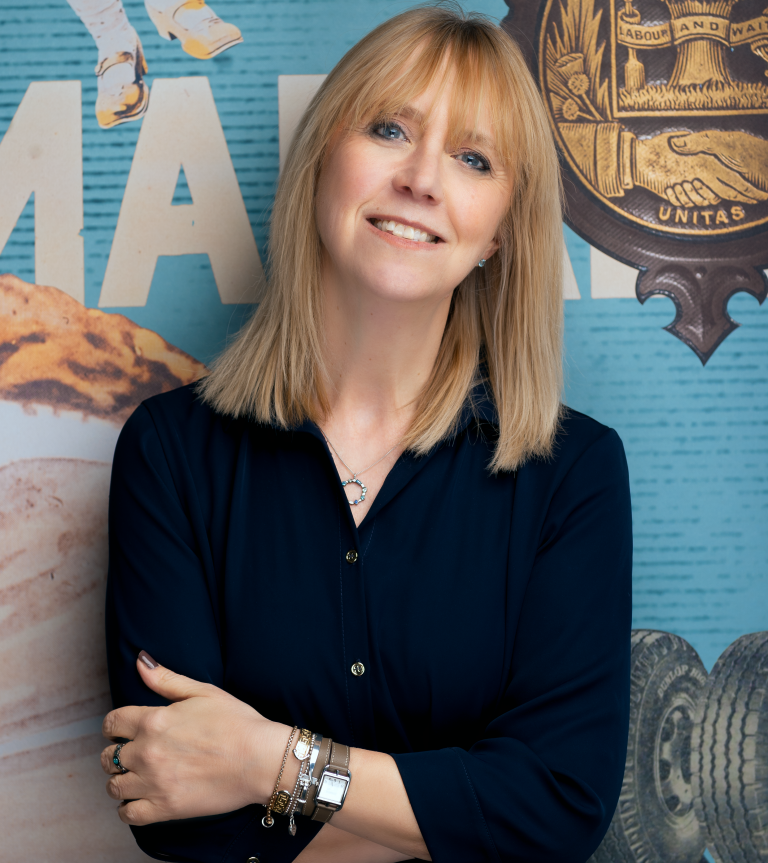When scandal at the top of Co-op’s leadership exploded in the tabloids back in 2013, it sent the company reeling, but a determined return to its founding ethics and values, redefined its place in the most competitive of markets. During the pandemic the Co-op has maintained a reassuring presence in neighbourhoods and has exemplified the spirit that we have all witnessed and relied upon from people on the frontline.







